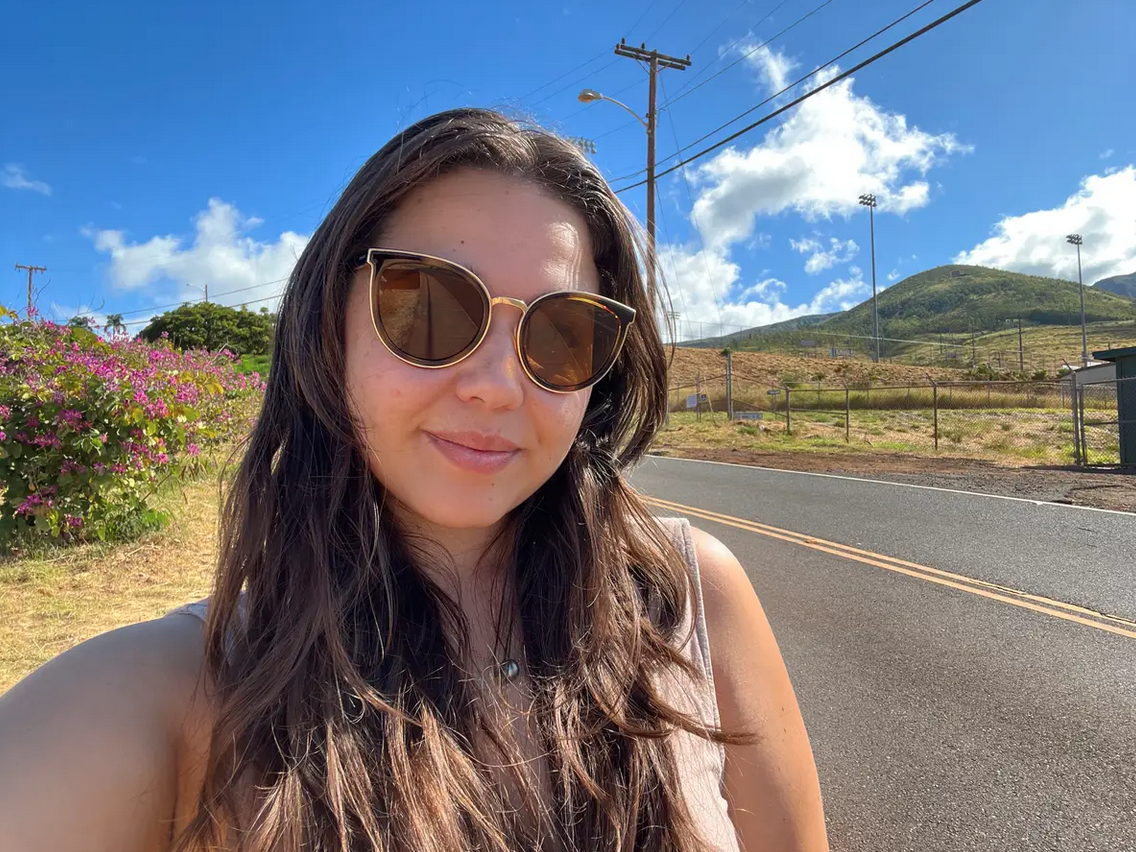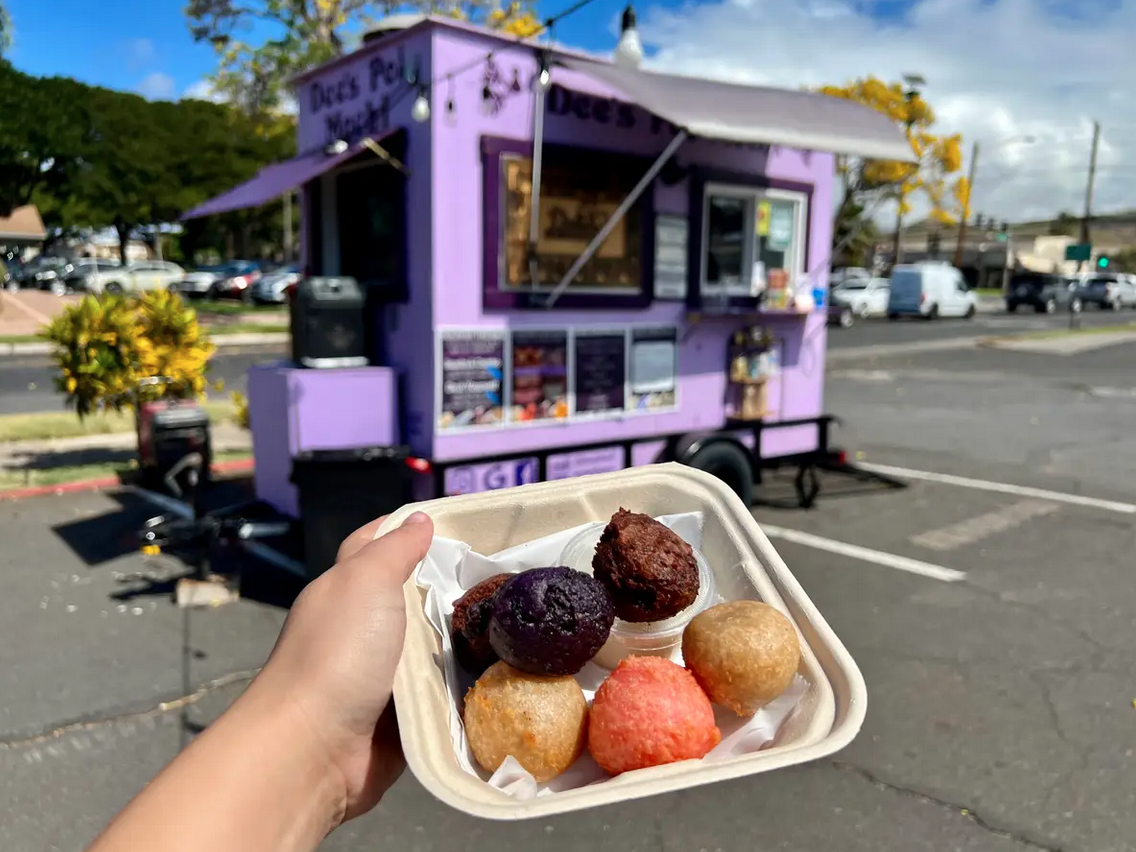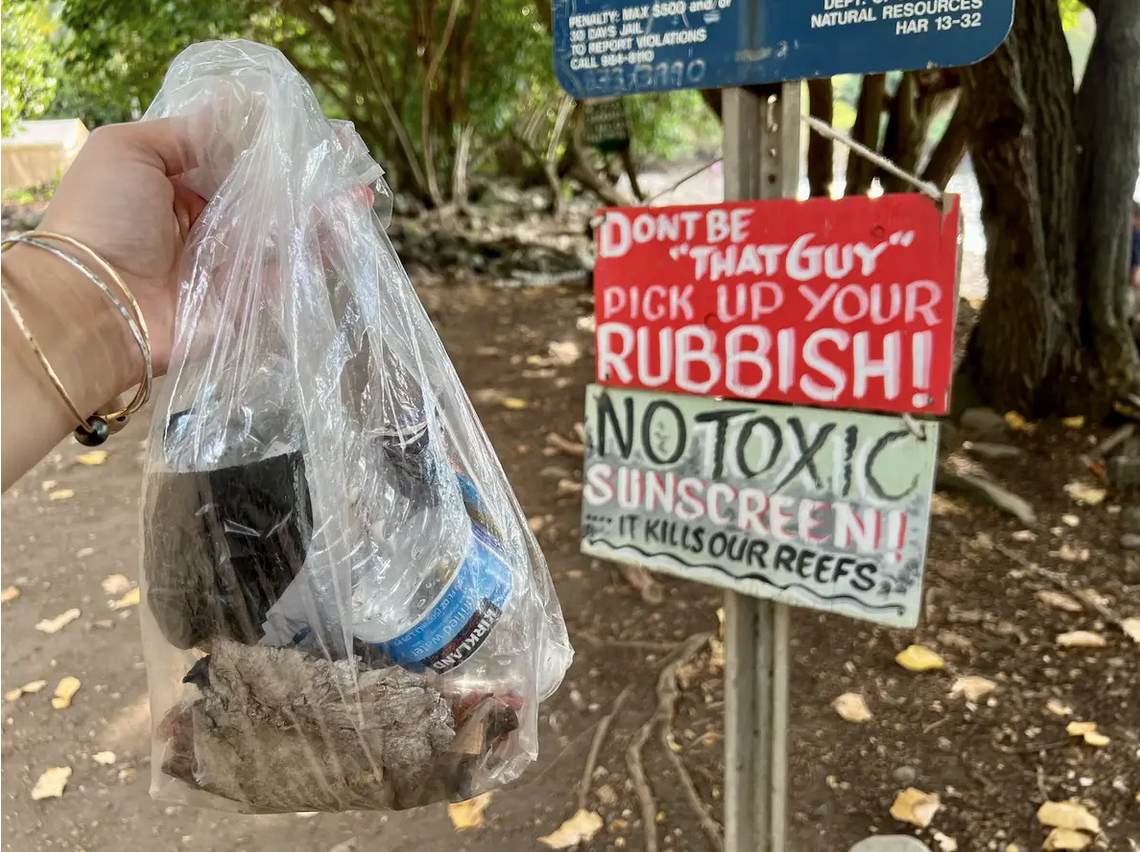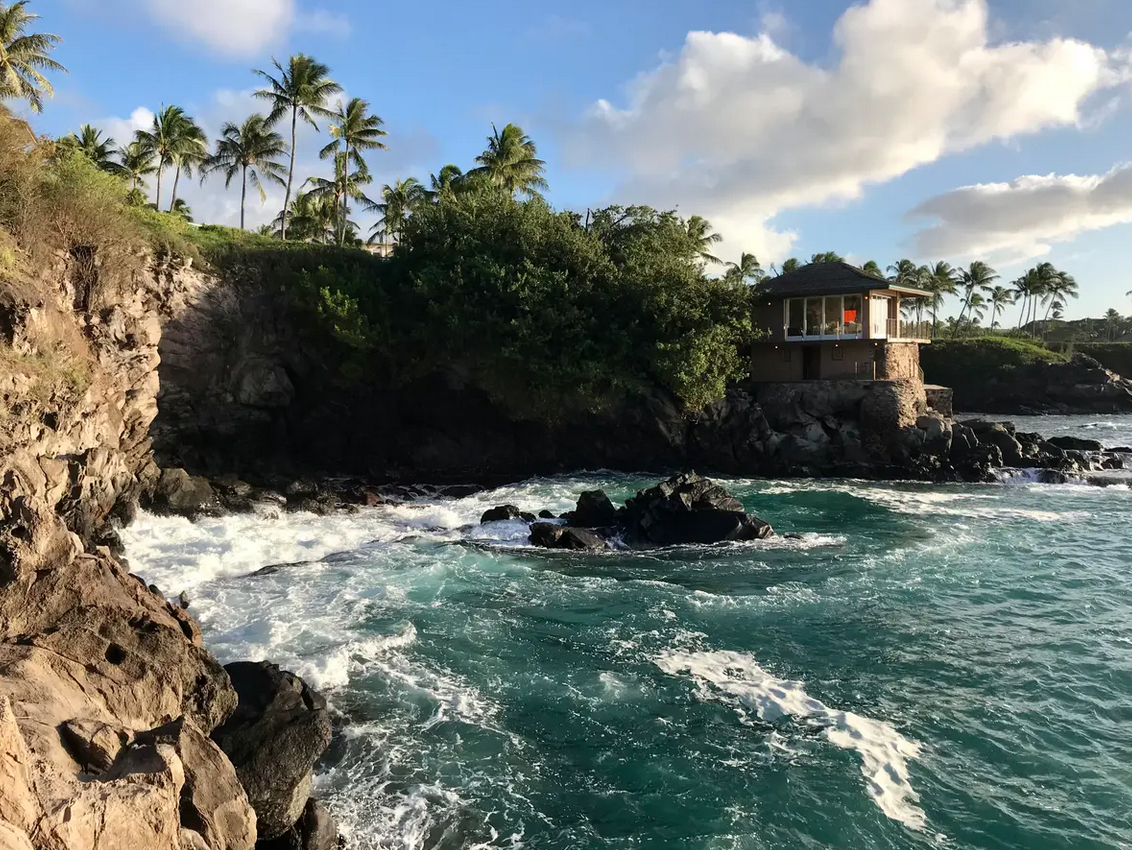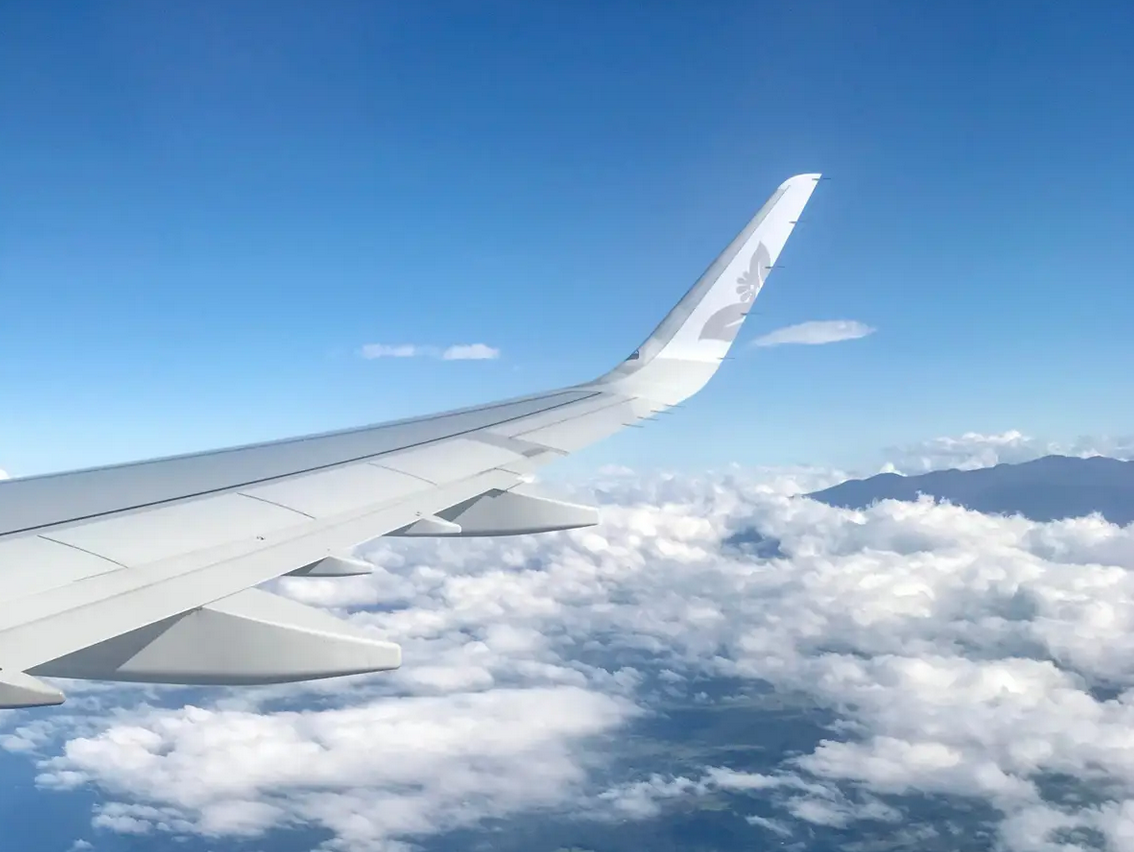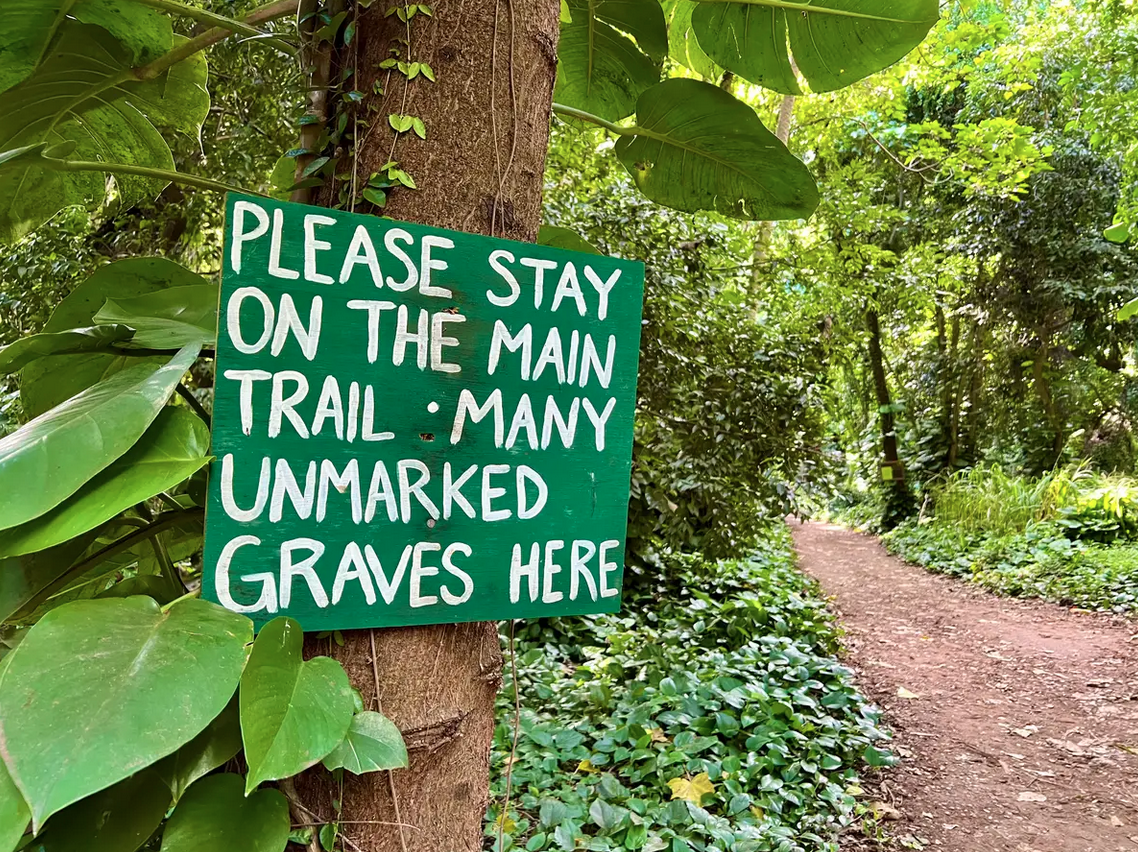I was born and raised in Hawaii. Here are 13 things I wish tourists knew before they visited
I was born and raised in Hawaii, and these are 13 things I wish tourists knew before visiting.
The most important thing is to respect the Hawaiian people, their culture, and the land.
Use reef-safe sunscreen, stick to the speed limit, and be aware of superstitions and rules.
I was born and raised in Hawaii, so I've seen tourists make many mistakes.
I grew up watching tourists visit Hawaii.
Some mistakes I've seen visitors make are silly. Others are dangerous, and many are to the detriment of residents and this sacred land.
I hope most of these tips seem obvious — but you might be surprised by the common issues that ignorant visitors can cause.
Here are 13 things I wish tourists knew before they visited the islands.
It’s important to support local businesses.
Food from Dee's Poi Mochi, a food truck in Lahaina selling specialty desserts.
Seek out small businesses that are owned and operated by locals, especially ones that source products locally. Not only will you get a higher-quality product and unique experience, but it also puts money directly back into the community.
Additionally, some of these establishments are landmarks themselves and deserve to be on your must-see list.
Please also tip well. Business from tourists is the main source of income for most residents who are in the service industry. If you can afford a trip to Hawaii, you can budget for gratuity.
"Listen to tittah, no littah."
Litter I picked up at Honolua Bay on Maui.
It's a well-known concept among outdoors enthusiasts that if you pack it in, you pack it out.
This sentiment should be applied for anywhere you go but especially when exploring the islands. Be mindful about not leaving your trash on the beaches, hiking trails, etc.
Show respect for the land and its people by cleaning up after yourself. Better yet, pick up any litter that you come across and make a positive impact.
There are ways you can avoid damaging the coral reefs.
You can buy reef-safe sunscreen.
Coral is a living organism that can easily be damaged by being stepped on and exposed to the chemicals found in many sunscreens. Though there's a statewide ban on the sale of products that contain these chemicals, some still circulate.
Remember to refrain from walking on the reefs or tearing off pieces. Additionally, if you're going to bring your own sunscreen to Hawaii, please ensure it is not of the spray variety and does not contain oxybenzone or octinoxate.
Before you go, you should take some time to learn the history of the Hawaiian culture and people.
A welcome sign to my hometown, Lahaina, which was once the heart of the Hawaiian kingdom.
As with many places on the mainland (what locals call North America), the Hawaiian islands were stolen from their original residents.
Once the home of a prosperous kingdom filled with a rich culture that lived in harmony with the 'āina (the Hawaiian word for land), Hawaii has become commercialized as a tourist destination after the overthrow of Queen Lili'uokalani in 1893.
In order to honor and respect the native culture, please read at least one book or even just a well-researched article about this sacred place and what its people have needed to overcome.
Being local does not equate to being Hawaiian.
Me in front of my alma mater, Lahainaluna High School, the oldest school west of the Rocky Mountains.
Just because someone was born and raised in Hawaii does not mean they're of Hawaiian descent.
For example, my family first immigrated here from Japan in the early 1900s and has been rooted here for generations, but we're still not Hawaiian.
It's imperative to remember that Hawaiian is an ethnicity, not a residential identification. Please do not call every local you meet Hawaiian, as it is likely not accurate.
Be wary of sun exposure.
The right hat and sunglasses can help protect you from the sun.
The Hawaiian islands are close to the equator, which means the ultraviolet rays are stronger here than they are in many places. It's important to take precautions — wearing hats, sunglasses, UPF clothing, and, of course, reef-safe sunscreen — to prevent sunburns and heatstroke.
You will still get a tan while protecting yourself, so avoid overdoing it on your first day, otherwise you'll be uncomfortable for the majority of your vacation — no one wants that!
It can be detrimental to touch the wildlife.
A sign asking visitors to remain a safe distance from turtles sunbathing at Makena Landing on Maui.
Though it might be tempting to interact with the likes of turtles, dolphins, or monk seals, please remain a respectful distance from the animals, especially sea creatures.
Many of them are protected, and it is illegal to get within a certain distance from them. This is for their safety as well as yours.
If you want to have up-close experiences with wildlife, please do so through official tours like whale watches, scuba adventures, etc.
Pull over for locals and safety reasons.
Tourists whale-watching at the Papawai Scenic Lookout along Honoapi'ilani Highway on Maui.
Whether you're looking out at the ocean to try to spot whales or you're an inexperienced driver here with a line of cars behind you, please pull over.
This is especially important for places like the Road to Hana, which is known for its more than 600 curves and nearly 60 one-lane bridges.
This is partially for safety reasons, as distracted drivers cause many accidents — which is especially impactful when many parts of these islands have only one access road. We also absolutely dread getting stuck behind you when we actually have places to be.
Please drive with aloha.
Sometimes you just have to stick a shaka out of your car window.
Speaking of driving, it's important to do so with aloha. Not only do we refrain from speeding (you won't see any speed limits over 60 mph here), but also people who live in Hawaii rarely honk.
When we do, it's most likely because we're trying to get a loved one's attention or because we're coming around a blind corner and there is signage instructing drivers to blow their horn. Typically the only people who speed and honk aggressively are tourists.
Bonus: If someone lets you go, throw them a shaka (pictured) to say thank you.
"When in doubt, don't go out."
A tumultuous day at Cliff House, a local spot that's typically ideal for cliff jumping.
Exercise caution when venturing out into the water.
There are many beaches that don't have lifeguards, so it's important to stick to the ones that do have these emergency responders readily available as often as possible.
Even the greatest swimmers can get caught in strong currents, so have discernment before playing in the waves. This goes for hiking trails, too, as many tourists need to get rescued for setting out on a venture for which they weren't truly prepared.
Hint: If no one else is in the water or on the trail, it's probably for a reason.
Locals don't want to be your vacation hook-up.
This is a message I actually received.
I can't speak for everyone on this one, but it's safe to say that a majority of locals aren't looking to have a casual one-night stand with some random tourist who's visiting for a week. We are not here to be the fleeting romantic interest in your tropical vacation fantasy.
Can exceptions be made? Absolutely. Will you be one of them? Probably not.
Don't overstay your welcome.
Have a think before deciding to stay longer.
Many people visit Hawaii and decide they want to stay for a more prolonged period. But keep in mind that rent is high and there is limited space for van-life nomads. It is also said that the island will "spit you back out" if you're not energetically aligned with it, so do not try to force a permanent move.
Trust me when I say that if you are meant to be here, the island will make it known.
Honor the Hawaiian superstitions.
There are a few unspoken rules in Hawaii.
This one will require a bit more research, as the stories and superstitions can differ among islands.
Some universal unspoken rules are to never remove rocks from the island or risk the wrath of Pele — a ton of rocks are returned every month because visitors who take them home as a souvenir start having bad luck. Additionally, if you hear drums and see a line of warriors carrying torches, run and hide to avoid a deadly encounter with the ghostly Night Marchers.
Whether you're a believer or not, these warnings are meant to keep you safe, so I advise you to heed them if you find yourself in one of these situations.


